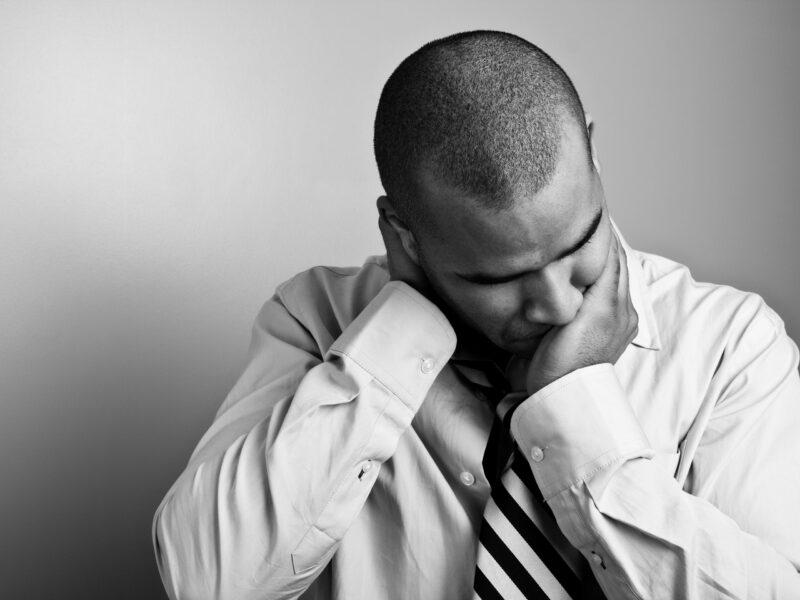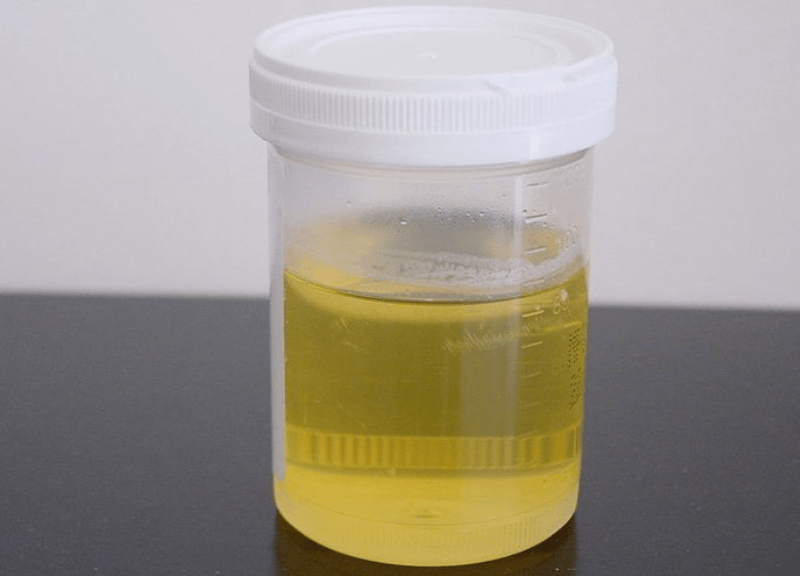Here are the three simple methods to control bladder leakage and frequent urination. For many people, frequent urination is an issue. While everyone’s definition of “normal” urine is different, if you consistently need to urinate more than once every 3–4 hours, you may have a urinary frequency.
Although it can affect men and women of all ages, including children, it is more common in older adults. Fortunately, you may control this issue by making lifestyle changes and taking action to strengthen your bladder.
You might require medical intervention in some circumstances. It is advisable to see your doctor if you experience frequent urination, as with any medical issue.

Lauren Schulz, D.O. Board-Certified UrologistExpert in Women’s Urological disorders
Only 1 of 500 Female Urologists in the World. Learn more about Dr. Schulz
3 methods to control bladder leakage and frequent urination
First Method: Strengthening Your Bladder
1. Use Kegels to strengthen your pelvic floor. Weak pelvic floor muscles might cause frequent urination, and kegel is the most well-liked pelvic floor exercise. Pregnant ladies can safely perform these exercises. Sit in a comfy chair and perform Kegels. Contracting the pelvic floor muscles for three seconds might be beneficial, then releasing the tension.

- Perform this workout daily for ten repetitions.
- Beginning to see results can take up to 12 weeks.
- The “dead bug” crunch, wall squats, and bridges are other pelvic floor workouts. But pregnant women should avoid these.
2. Train your bladder: The goal of bladder training is to delay the urge to urinate. It will gradually strengthen your pelvic floor muscles. Begin by waiting around 5 minutes from when you urinate until you go to the restroom. As you get more at ease, increase the time to 10 minutes.
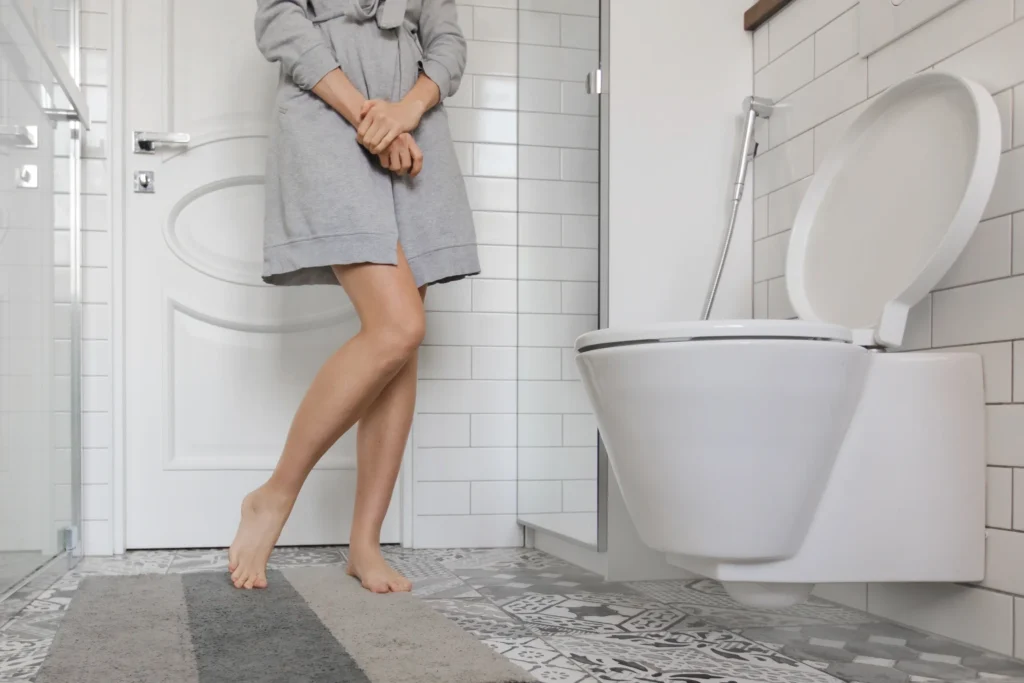
- Gradually, you are working toward urinating only every 2.5-3.5 hours.
3. Try “double voiding”: Another strategy for cutting down on restroom visits is urinating twice a row. Urinate is frequently used to double void. Wait a few minutes before attempting to urinate again. It ensures that your bladder has emptied.
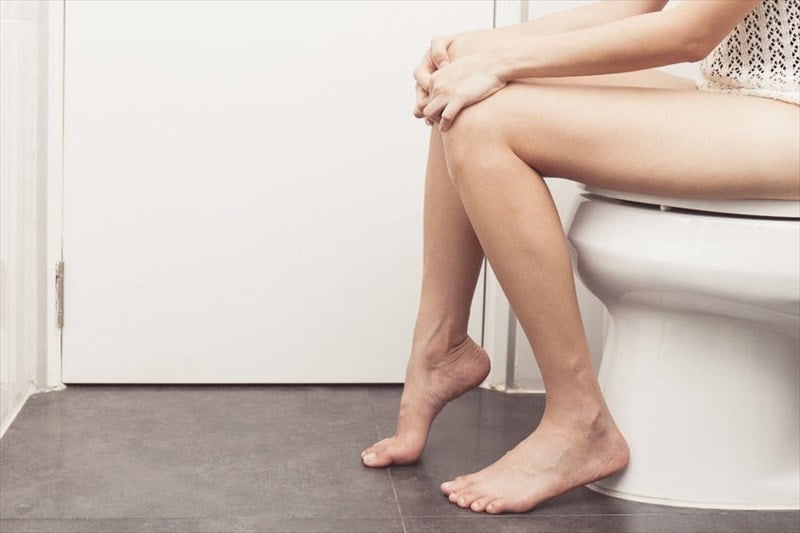
- Sit down, urinating, and then standing up is one method. Sit down again and urinate before rising. It will empty your bladder by altering the bladder’s position. You can improve your bladder control by double voiding.
4. Experiment with “timed voiding:” Consider planning your bathroom visits so that you urinate every 2-4 hours. Instead of waiting until you have the urge to go, try to use the restroom when you have scheduled times. Your body should get used to this routine over time, allowing you to go longer between journeys to the bathroom.
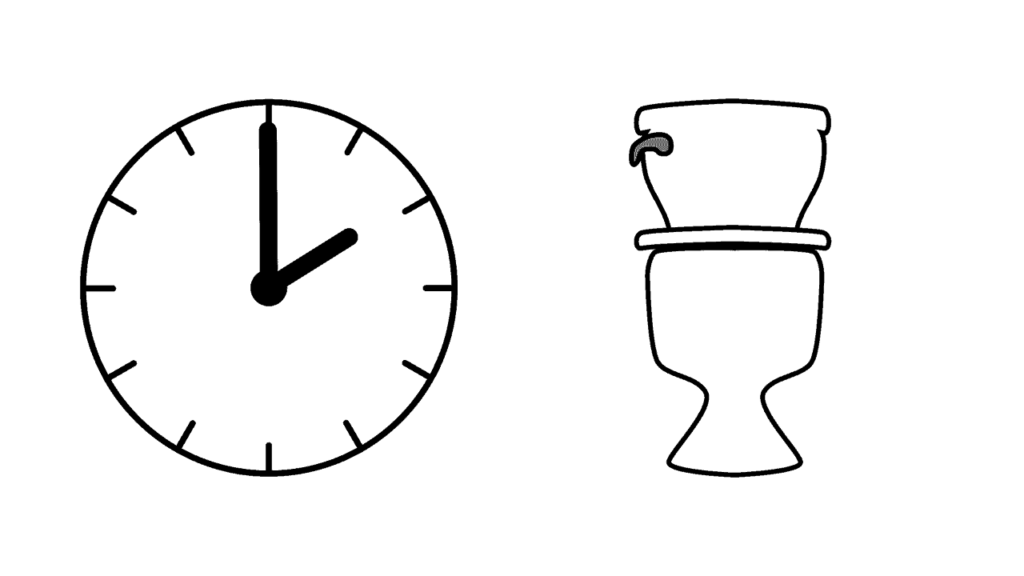
- Begin by scheduling restroom breaks every 1.5 hours.
- As you feel comfortable, gradually extend the time between bathroom breaks.
Second Method: Altering Your Lifestyle
1. Limit beverages that irritate the bladder: Caffeinated drinks (such as coffee and soda) might irritate your bladder and cause frequent urination. Alcoholic drinks (mainly wine) can have the same effect. Avoiding these beverages can help you maintain bladder control.

- If you like coffee, try having one cup first in the morning. You can also prepare your own freshly ground coffee. Suppose the coffee grounds are stale or the coffee has been sitting in the pot for an extended period. In that case, the drink may irritate your bladder.
- If you enjoy alcohol, try limiting yourself to 1-2 drinks on 1-2 nights per week.
- Eliminating these beverages can ultimately positively affect your bladder control and overall health.
2. Quit smoking: It has been demonstrated that cigarette nicotine impairs bladder control. Furthermore, smoking has been linked to a variety of bladder cancers. Although it is difficult, stopping smoking will only benefit your health.

- Make a plan.
- Select a technique (for example, using a patch/gum, taking medication, or quitting cold turkey).
- Seek support from friends and family.
- Work with your doctor.
3. Lose weight. Obesity and frequent urination are occasionally related. If you are overweight, losing weight may improve your bladder control. As with any significant lifestyle change, it is an excellent idea to collaborate with your doctor to develop a workable weight-loss plan. Some guidelines include the following:

- Eat more fruits and veggies. Make these the center of your diet.
- Eat lean protein, whole grains, and healthy fats.
- Drink lots of water.
- Get regular exercise.
- Work with your doctor.
4. Prevent constipation: The digestive system in your body is just that—a system. Problems in one area may make problems in another worse. Constipation, for example, might make it difficult for you to control your bladder since your gut will press on it. Avoiding constipation can be done by:

- Drinking plenty of water.
- Consuming high-fiber foods and supplements (such as black beans, sweet potatoes, brown rice, flax seed, and prunes).
- Taking probiotics supplements and eating probiotic foods (such as yogurt, kombucha, or sauerkraut).
- Avoiding processed foods.
- Cutting back on caffeine.
Third Method. Working with a Health Care Professional
1. Make an appointment with your doctor: It would help if you visited a doctor for frequent urination or poor bladder control. Several medical issues could cause frequent urination. Identifying the underlying problem will assist you, and your doctor in developing a treatment strategy. Before your appointment:

- Find out whether your doctor wants you to fast before the appointment and follow their instructions.
- Note your symptoms, such as how often you urinate, any incontinence incidents, and any pain or discomfort. Inform your doctor if you have pain, wetting between urinations, or if you still need to go after peeing.
- Make a list of every medication you take, including any vitamins or supplements.
- Note any critical medical information, such as allergies or other diagnoses.
2. Diagnose the problem: Your doctor will select one of a variety of tests to assist in pinpointing the cause of your issue based on your unique symptoms, age, and medical history. Before moving on to other tests, your doctor will do a physical examination. These might include:

- Urinalysis: Your urine sample will examine for infections, signs of blood, and other anomalies.
- Post-void residual measurement: Your doctor may use an ultrasound to determine whether any urine is still in your bladder. And ask you to urinate into a container to assess your “output level” (which could indicate an obstruction or urinary retention).
3. Keep a “bladder diary:” The doctor may tell you to track how much you drink. How frequently you urinate, the amount of urine you produce each time, and any incidents of incontinence over 3-7 days. This information can assist your doctor in getting a better picture of what you’re going through.

- Buy a plastic container with measurements on the side to gauge how much you urinate. Every time you go, urinate into the cup and note the volume of pee.
4. Use prescription medication: You can control most cases of frequent urination through lifestyle changes and bladder strengthening. Your doctor will prescribe medications if a UTI or other illness is the cause of your frequent urination. However, if your frequent urination is extreme, your doctor may prescribe a med to help you manage the issue. Some of these medications include:

- Anticholinergics
- Mirabegron (Myrbetriq)
- Alpha-blockers
- Topical estrogen
Question
What causes frequent urination?
Frequent urination can have many different causes, including excessive fluid intake, infections, diabetes, and neurological disorders. To find the actual cause, I advise you to consult your physician.


